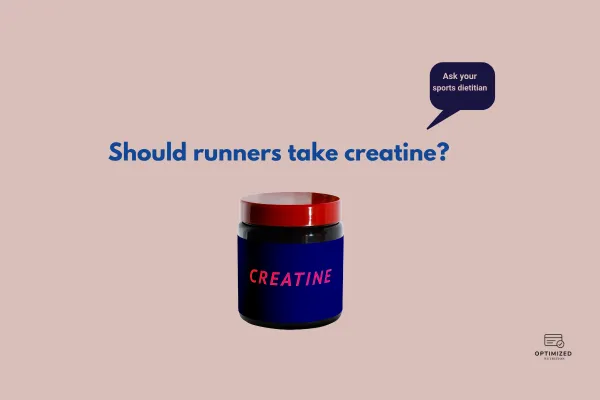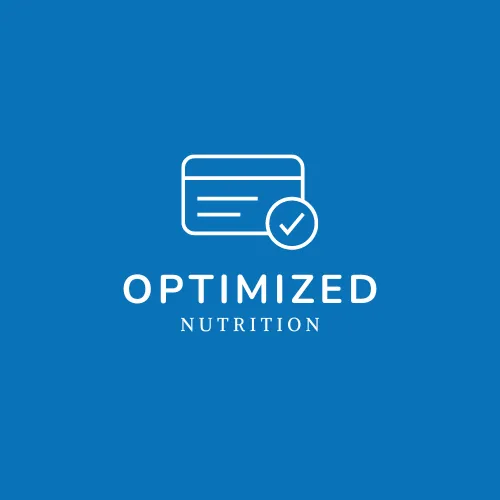Blog

Should Runners Take Creatine
Should Runners Take Creatine?
Creatine. What is it? Is it worth taking and what are the benefits for runners?
What is creatine?
It is an amino acid that is vital for producing adenosine triphosphate (ATP), the primary energy source for muscle contractions. It’s a naturally occurring compound found in small amounts within meat and fish.
The main reason for supplementing with creatine monohydrate is to saturate your intramuscular phosphocreatine stores and free-creatine levels. Eating beef, poultry and fish will help, but it might be enough to get to the saturation point. And if you are vegetarian or vegan, getting creatine from your diet will be tricky.
Pros of Taking creatine
1. Increased muscle power and strength.
2. Enhanced high intensity exercise capacity. What this means is you can do more in training, especially with harder efforts- i.e. faster sprints or interval workouts.
3. Aid in recovery from intense exercise.
Cons of Taking creatine
1. Fluid retention and weight gain. It causes you to retain fluid and so this is not desirable for some people.
2. Gastrointestinal distress. Some people experience gastrointestinal discomfort when taking creatine, such as bloating, cramping, or diarrhea. This is more common when taking higher doses, or not letting it fully dissolve in water before ingestion.
Not everyone experiences gastrointestinal distress while taking creatine, and it can often be managed by adjusting the dosage or taking it with meals.
How to Supplement:
Look for creatine monohydrate powder. The recommended dose is 3-5 grams per day. Time of day has little effect on its effectiveness, and you can take it pre- or post-session. Many people like to take it with a protein shake after the most challenging session of the day. It usually takes at least 28 days of continual consumption of 5g/day to increase your creatine stores and start reaping the benefits.
As far as choosing a supplement, look for a 3rd party tested creatine monohydrate supplement. Some 3rd party certifications are BSCG (Banned substances control group), Informed Choice for Sport, or NSF for Sport.
Other considerations
Individual variability:
The response to creatine varies among individuals. Genetic factors, training status, diet, and baseline creatine levels all influence your response. Some athletes might experience significant performance benefits, while others might not notice any discernible improvements. Plant-based athletes and vegans are likely to benefit more than other athletes (regardless of training status) since most naturally occurring sources of creatine are derived from animal sources.
The Bottom Line:
Creatine is one of the most popular and effective supplements for building muscle and strength and improving recovery. Find a 3rd party certified creatine monohydrate supplement in powder form. Take 3-5g (read the label to see how many g of creatine are in a serving) a day. You can mix it in a smoothie, yogurt or oatmeal. You can take it any time of day to see a benefit.
If you want to try creatine, I recommend Thorne because they are 3rd party tested and use premium ingredients. You can purchase it here: https://s.thorne.com/WeqVy

